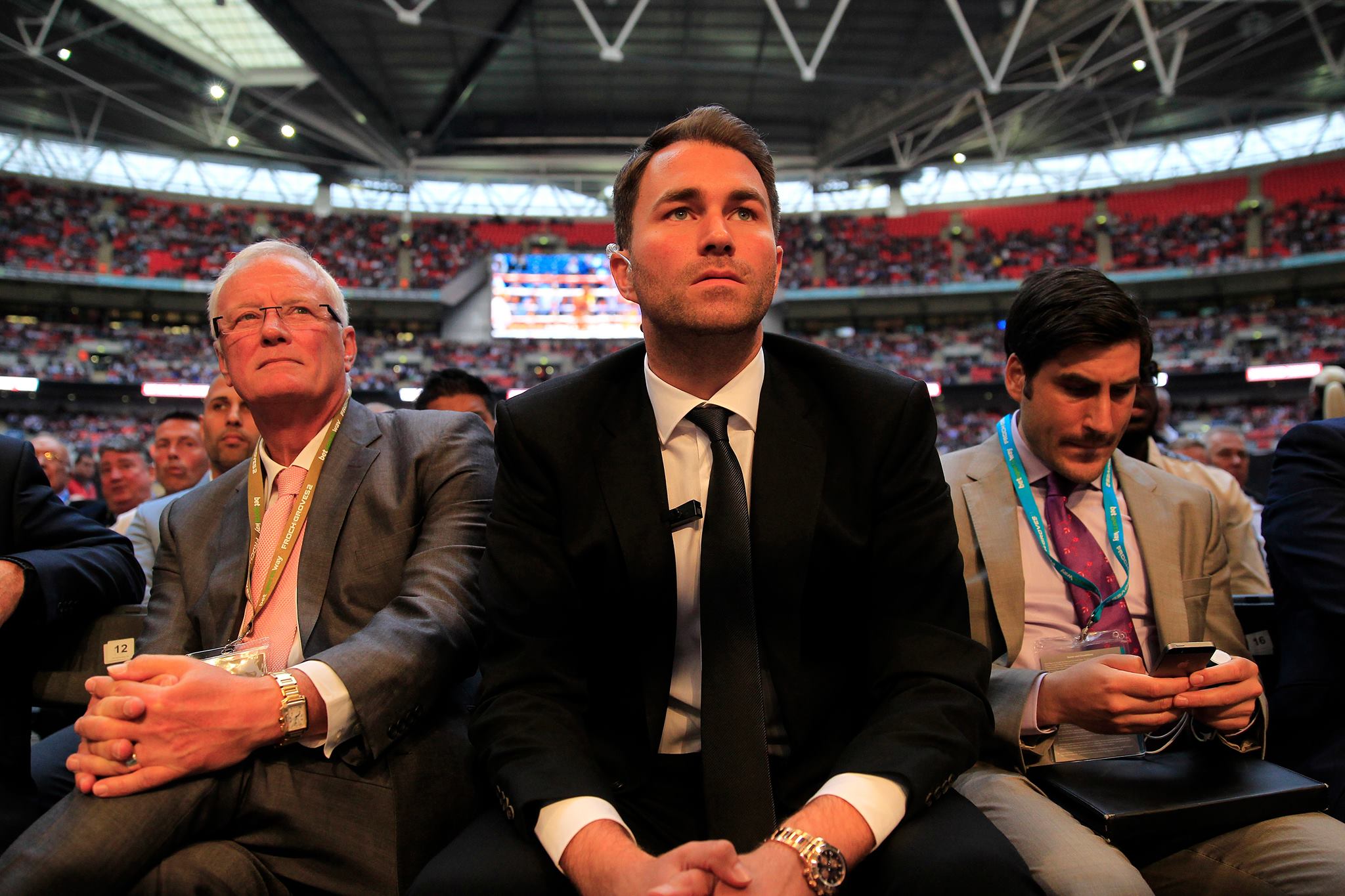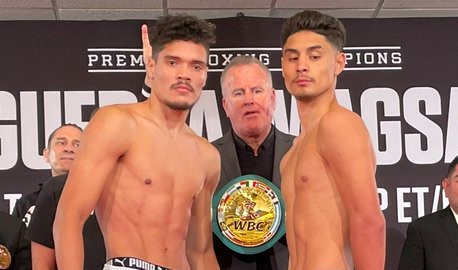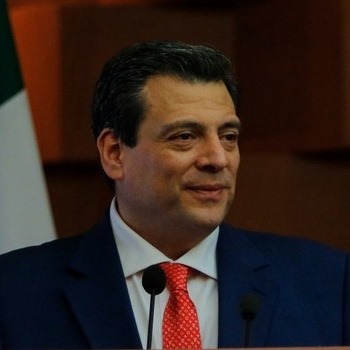By Ivan G. Goldman
Ruslan Provodnikov and Mike Alvarado proved once again that you don’t always have to pay extra to see a better fight.
Their all-action explosion Saturday night, available to all HBO subscribers, kicked off only a few minutes after the network presented a rerun of its more subdued contest from the week before, when Timothy Bradley outboxed Juan Manuel Marquez at the top of a pay-per-view card that sold for $65 in high def.
The back-to-back bouts were a reminder that fights selected for PPV don’t get there by promising to be a better show. These are business, not sports decisions. HBO and the promoters decided that Bradley-Marquez would generate enough buys to make it a good PPV bet. Provodnikov-Alvarado wouldn’t. This is self-regulated raw capitalism at work.
Also, once fighters make it to pay-per-view status, they tend to see anything else as a step backward, a kind of personal insult. They want a direct piece of the action every time out. There was a time when fighters at the top of the food chain were willing to alternate, moving in and out of PPV territory depending on circumstances chiefly determined by the identity of their opponent.
But nowadays, if you want to see someone like Floyd Mayweather or Manny Pacquiao, you have to pay extra no matter who’s across from them. Mayweather competes under the general framework of a huge multi-million-dollar, six-fight deal with Showtime. Its details are secret, but it clearly doesn’t allow for anything but pay-per-view financing. And when Bob Arum contemplates putting together a new Pacquiao show, it’s clear he and the fighter never even consider putting him into a standard HBO event.
The result of these money-driven policies can be too much PPV programming. September saw Mayweather-versus-Canelo Alvarez, this month we got Bradley-Marquez, and next month HBO does a pay-per-view card out of Macau, China topped by Pacquiao versus Brandon Rios. The aggregate price tag to an individual fan for the three shows would be around $200. Too many shows squeezed together like that can prompt purchasing skittishness, particularly after viewers feel they’ve just been burned. If Show 1 was found wanting, it may be Show 2 that suffers.

Is Show Number 3, Rios-Pacquiao, for example, truly worth an extra $60 or $70? Both fighters very consciously put on a good show for the fans, taking bigger chances to provide entertainment. The fight is unlikely to disappoint – for as long as it lasts. But is it truly competitive? Pacquiao is now a full-fledged welter. Rios is a light welter who in 2012 was still competing as a lightweight. His straight-ahead approach looks made for the quicker Manny, who is more accomplished at using the ring. When Alvarado, using more slippery techniques, decisioned Rios in their second match, that created a blueprint for Pacquiao, who is quicker and more powerful than Alvarado.
Obviously Showtime and HBO don’t plan their schedules together, which would be a big violation of anti-trust law, but they watch each other carefully and hurt each other when they can, sometimes pitting shows against each other on the same night. Their rivalry is downright vicious, far more intense than, say, Ford versus Chevrolet.
Do fans benefit? To some extent, yes.
Neither of the networks is looking to put on a boring fight. Too many of those can be deadly, and plenty of fight fans would drop their subscriptions if it weren’t for the boxing shows. They’re not putting down cash for premium channels so they can see vampire serials.
But relations among the networks, fighters, promoters, and managers can be complex, and sometimes fans suffer as these entities trade favors. For example, when Mayweather easily beat Alvarez in the most expensive PPV boxing show in history ($75 per high-def buy), the audience had to put up with the undercard insult of boring, skittish Ishe Smith defending his IBF light middleweight title against Carlos Molina.
Also, these relationships prevent some good fights from getting made. Provodnikov, who forced tough Alvarado to quit after round ten, would be a natural opponent for another enormously entertaining light welter, Danny Garcia. But Provodnikov is HBO, Garcia is Showtime, and sometimes contracts prevent an easy skip from one network to the other. And who wouldn’t want to see Provodnikov in a train wreck against cement-fisted Showtime fighter Lucas Matthysse?
Saturday night’s event was also a reminder that Provodnikov, 23-2 (16 KOs), was out of his weight class when he challenged WBO welterweight titlist Bradley and lost a close decision. When he’s competing at 140, he’s even harder to discourage.
Fighters like Provodnikov, willing at times to drive in face-first so they can get their own shots in, tend to have shorter careers. We need to enjoy this new WBO titlist while we can. And if he doesn’t make it to pay-per-view status, we can consider that a bonus, though it’s unlikely that he and his handlers would agree.
Also: Referees rarely get noticed until they do something wrong. Note what a fine job Tony Weeks did when he wouldn’t let trainer Rudy Hernandez deter him and demanded a straight answer from Alvarado to the simple question, “Do you want to continue?”
Sick Justice: Inside the American Gulag, by New York Times best-selling author Ivan G. Goldman, was released in June 2013 by Potomac Books. It can be purchased here.



















